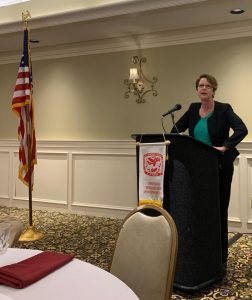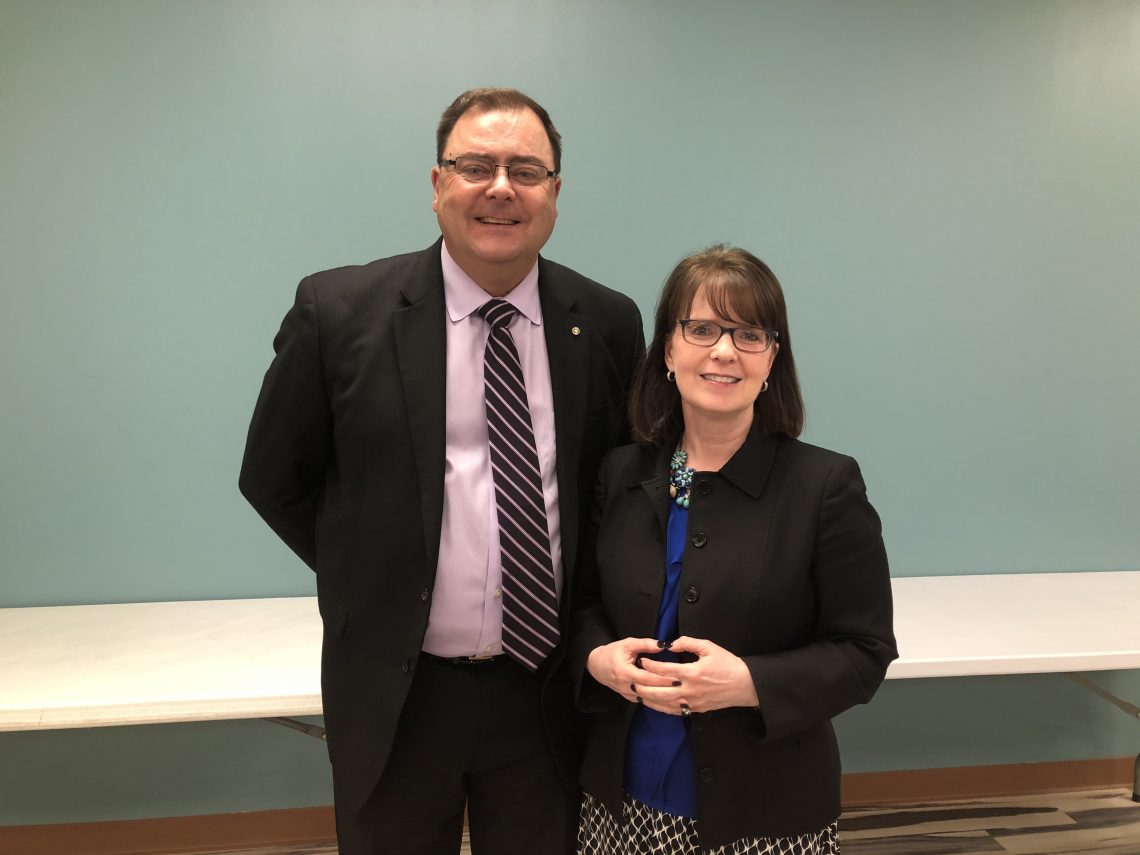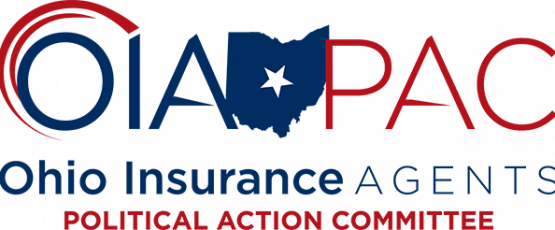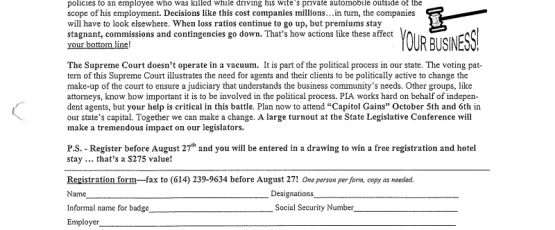
What do all these things have in common? They show why you need to vote in the upcoming Ohio Supreme Court elections. The justices elected to serve on the court have a direct impact on your livelihood.
Yes, Ohio Supreme Court justices really do matter
While we all know about past Court decisions like Scott-Pontzer and the impact it had on policyholders and the economy, there have been a number of recent court decisions that have had implications for the insurance community. Here are just a few:
- On Oct. 9, 2018, in Ohio N. Univ v. Charles Constr. Servs, Inc., the Ohio Supreme Court ruled unanimously that a commercial general liability policy does not cover damage caused by a subcontractor’s faulty work.The court found that the plain and ordinary meaning of the words in the Charles Construction CGL policy does not expressly state that faulty workmanship by subcontractors is an “occurrence.” The Court’s opinion stated the construction industry has added the PCOH (products-completed operations hazard) policies to guard against subcontractor damage; however, to trigger the coverage for damages, an “occurrence” must happen.
- In Jan. 2018, the Ohio Supreme Court issued an opinion on the LGR Realty, Inc. v. Frank & London Insurance Agency case that clarifies the statute of limitations on agency negligence. LGR Realty brought this action alleging that they received an unsatisfactory insurance policy from Frank and London Insurance Agency.The question that the court answered in this case was when the statute of limitations should begin in an insurance agency negligence claim. The day the cause of action accrues is the day the statute of limitations begins to run.
- Also in Jan. 2018, the Court also issued a ruling in an insurance case that called into question whether punitive damages can be awarded in a breach of contract claim. The case, which involved an insurance agent and Nationwide Insurance, had the potential to change the landscape of not only the insurance industry, but businesses at large in Ohio.In a 6-1 decision, the Court reversed a judgment of the Seventh District Court of Appeals, clarifying that punitive damages are not recoverable in a breach-of-contract lawsuit. The exception to this rule is if the breach involves a tort, among other clarifications the decision provides to Ohio contract law.
- In 2013, the Ohio Supreme Court refused to hear OIA’s appeal of a case in which we wanted MVRs to be declared a public record so they could be provided at cost. This loss brought our legal efforts to an end in the MVR fee battle.
- In 2012, the Ohio Supreme Court ruled on litigation PIA pursued since 2009 that challenged the constitutionality of the increased cost of Motor Vehicle Records (MVR) fees, and how the $3 fee increase was being used.The court found that the increased fee for certified copies of driving records collected by the Ohio Bureau of Motor Vehicles is a fee for certification and is not related to the operation or use of a vehicle, ultimately finding it constitutional.
- In 2012 in Westfield Ins. Co. v. Custom Agri Sys., Inc., the Ohio Supreme Court ruled that defective workmanship claims aren’t covered under a commercial general liability policy.As a result of the decision, many companies have issued new coverage endorsements redefining the insuring agreement for property damage.
- In 2012, the Ohio Supreme Court ruled twice on a case involving an insurance agency seeking to enforce non-compete agreements.Following a very controversial 4-3 decision in May 2012 limiting non-compete agreements in insurance agency mergers, the Court agreed to reconsider, and in fact changed its holding in the case in October 2012, upholding non-compete agreements as being enforceable by a company that survives a merger.
The bottom line is this: Decisions issued by the Ohio Supreme Court have a profound impact on your clients, business and profession.
Justices impact your life. You can’t afford NOT to vote.
In a crowded election year, it is easy for important issues to get lost — what matters most to your business future could be buried in mayhem of messaging.
And, since Supreme Court races in Ohio are non-partisan, nearly 25 percent of voters simply opt out of this race if they don’t recognize a name.
Those who do actually vote in the race may choose to do so based on name alone – not based on actual knowledge of the candidates.
Case in point is former Justice Bob Cupp’s election loss to Justice Bill O’Neill in 2012. Justice O’Neill did not raise or spend a single campaign dollar, but still managed to beat Cupp by four percentage points. In the same year, Cupp’s Republican colleagues with Irish last names, Terrence O’Donnell and Sharon Kennedy, won by 38 and 14 percent.
When it comes to legal stability for the insurance community, and indeed many other industries crucial to Ohio’s economic vitality, there are no races more important than the Ohio Supreme Court. Two seats are on the ballot this year.
OIA’s recommended candidates for independent insurance agents
|
|
|
Justices Sharon Kennedy and Judi French are the two candidates running for seats on the Court that OIA most trusts to stick to interpretation of the law rather than legislating from the bench. Consequently, OIA PAC has made the maximum contributions to support their campaign committees.
Agents and their clients are without a doubt best served by justices who leverage the bench’s power with a philosophy of judicial restraint and interpret the law on its merits rather than on the opinions of political interest groups and activists.
Justices Kennedy and French have exhibited this type of judicial philosophy and temperament in their judicial careers.
Make your voice heard with OIA PAC
Learning about Justices Kennedy and French is only one piece of the puzzle. Both candidates need support in this crowded presidential election year.
More importantly, they need to hear from leaders, like OIA members, about important issues and how they affect businesses and citizens.
OIA PAC provides agents with the opportunity to pool together their financial resources to provide substantial financial support to candidates, and most importantly, to have a collective voice in the political arena.
It is imperative that our industry continues to support the election of sensible candidates who will make decisions based on facts, rather than interpretation.








